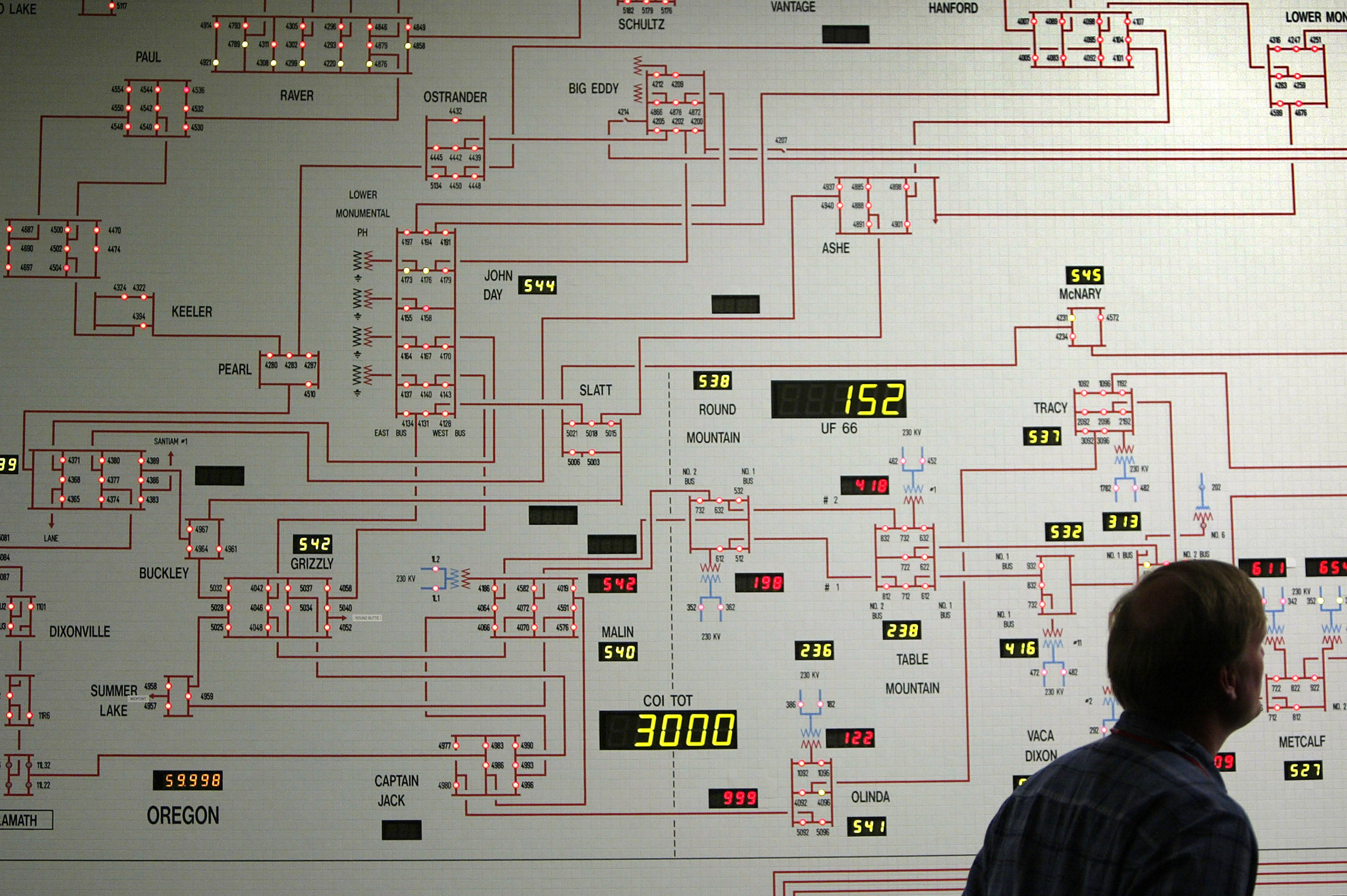Experts in critical infrastructure sectors are cautioning the U.S. against further involvement in the Middle East, warning that Iran could decide to target American power and water systems in a series of cyberattacks.
As the conflict between Israel and Iran evolves, leaders in the critical infrastructure realm remain on high alert. While there has not yet been a major cyber threat reported, these groups are amping up their defenses in the event one unfolds, Politico reported.
“Iranian cyber activity has not been as extensive outside of the Middle East but could shift in light of the military actions,” said John Hultquist, chief analyst for Google Threat Intelligence Group.
Hultquist warned that if the U.S. decides to strike Iran directly, “targets in the United States could be prioritized for action by Iran’s cyber threat capability.”
Previous incidents of increased geopolitical tension, such as Russia’s war on Ukraine, have also prompted U.S. agencies, including the Cybersecurity and Infrastructure Security Agency to get ahead of emerging threats.
Anne Neuberger, the deputy national security adviser for cyber and emerging tech at the White House under President Joe Biden, told Politico the government is essential in helping these sectors amplify their defenses at times of conflict.
“The government can play a very important role in helping companies defend themselves, from sharing declassified intelligence regarding threats to bringing companies together to coordinate defenses,” Neuberger said. “Threat intel firms should lean forward in publicly sharing any intelligence they have. ODNI and CISA should do the same.”
Last week, two information sharing and analysis centers and organizations, which share threat intelligence, warned U.S. companies to increase security measures in the event of Iranian cyberattacks.
The Food and Agriculture group, whose members include the Hershey Company, Tyson and Conagra, as well as the Information Technology group, with members Intel, IBM, and AT&T, warned attacks on other targets could still impact U.S. companies.
Along that line, the groups warned that “cyberattacks aimed at Israel could inadvertently affect U.S. entities.”
Jeffrey Troy, who leads the Aviation group, said past cyberattacks targeting GPS systems have left them “in a constant state of vigilance, sharing intelligence in real time and collaborating on prevention, detection and mitigation strategies.”

Leaders of some of these groups also say that staffing reductions across agencies since President Donald Trump took office have left them feeling like they are without federal support in preparing for potential cyberattacks.
The Cybersecurity and Infrastructure Security Agency, the country’s main cyber defense agency, is expected to lose around 1,000 employees, with many of its programs being cut or put on pause, according to the report.
While the agency “is still accessible,” there has been no outreach to strengthen defenses against Iranian hackers since last week, according to Andy Jabbour, who leads the Faith-Based Information Sharing and Analysis Organization.
Much of how the possible threats get handled is in the hands of Trump, Jabbour told Politico.
“The next 24-48 hours will be interesting in that sense, and his decisions and his actions could certainly influence what we see here in the United States,” Jabbour said.







